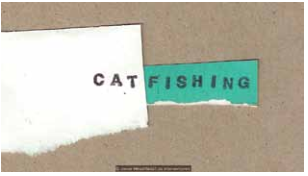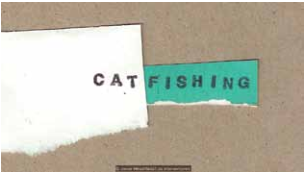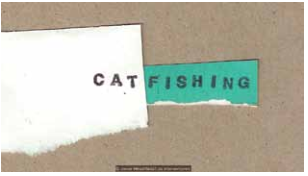eia o texto para responder à questão.
5 Ways to Boost Your Resilience at Work
Since the pace and intensity of contemporary work culture are not likely to change, it’s more important than ever to build resilience skills to effectively navigate your worklife. While working as a CEO I’ve seen over and over again that the most resilient individuals aren’t the ones that don’t fail, but rather the ones that fail, learn and thrive1 because of it.
Resilience is built by attitudes, behaviors and social supports that can be adopted and cultivated by anyone. Factors that lead to resilience include optimism and the ability to stay balanced and manage difficult emotions. To build resilience skills at work it’s important to understand and manage some of the factors that cause us to feel so stressed at work. Being hyperconnected and responsive to work anytime, anywhere, can be extremely onerous.
The current and rising levels of stress in the workplace should be cause for concern, as there is a direct and adverse relationship between negative stress, wellness and productivity. Stress that causes us to experience difficulty or unhealthy strain is a major cause for concern as it directly and adversely affects personal and business success. Here are some tips on how to develop resilience and stay motivated:
Exercise mindfulness – Turn your attention to mental training practices associated with mindfulness to improve your judgment accuracy and problem solving, job performance and cognitive flexibility.
Compartmentalize your cognitive load – Create dedicated times in the day to do specific work-related activities and not others.
Take detachment2 breaks – Step away from work for even a few minutes to reset energy and attention. Balancing work activity can promote greater energy, mental clarity, creativity and focus.
Develop mental agility – Decenter stress: step back, reflect, shift perspectives, create options and choose wisely.
Cultivate compassion – Create positive work relationships, increase cooperation and collaboration, happiness and well-being to decrease stress.
<https://tinyurl.com/ycvtxc4v> Acesso em: 04.03.2018. Adaptado.
Glossário:
(1) Thrive: prosperar, desenvolver, ter sucesso.
(2) Detachment: descolamento, distanciamento, separação.
Assinale a alternativa que apresenta a sugestão ligada aos benefícios das pausas durante o trabalho.



